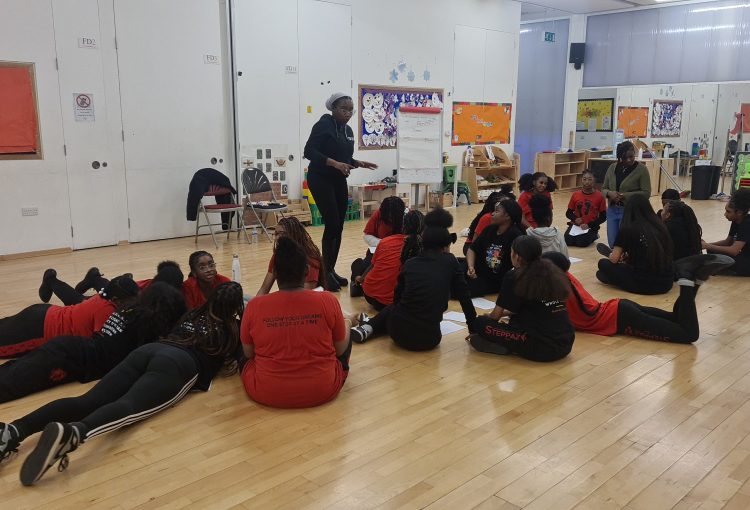Self-care plays a significant role in nurturing our well-being and building resilience to face life’s challenges. It empowers us to prioritise our mental, emotional, and physical health, leading to a more fulfilling and balanced life.
Self-care is all about taking deliberate actions to enhance our overall well-being. It involves engaging in activities that rejuvenate us, provide relaxation, and promote a positive mindset. Young people, who often juggle academic pressures, social relationships, and personal growth, can greatly benefit from incorporating self-care practices into their lives.
One of the key aspects of self-care is maintaining good physical health. Engaging in regular exercise, eating nutritious meals, and getting enough sleep are essential for young people’s well-being. By taking care of their bodies, they can boost their energy levels, improve concentration, and strengthen their immune systems. Prioritising physical well-being allows young individuals to tackle daily challenges with vitality and resilience.
Equally important is the nurturing of mental and emotional well-being. Young people face various stressors, including academic expectations, peer pressure, and transitions into adulthood. Practising self-care helps them manage stress and build emotional resilience. Engaging in activities such as mindfulness exercises, journaling, or pursuing hobbies can provide much-needed relaxation, reduce anxiety, and improve overall mental health.
Social connections and relationships also play a vital role in self-care for young people. Cultivating healthy relationships, spending time with loved ones, and seeking support when needed are crucial components of well-being. Building a support network of friends, family, or mentors provides a sense of belonging, comfort, and encouragement. It allows young individuals to share their experiences, seek advice, and lean on others during challenging times.
Self-care is not limited to individual actions; it also involves setting boundaries and learning to say no. Young people often face societal pressures to do more, be more, and constantly strive for perfection. However, it is essential to recognise one’s limits and embrace the power of self-compassion. Saying no to excessive commitments and unrealistic expectations enables young individuals to focus on their well-being and engage in activities that truly nourish their minds and bodies.
Technology and digital media have become integral parts of young people’s lives. While they offer countless opportunities, they can also contribute to feelings of stress and overwhelm. Practising digital self-care involves setting healthy boundaries with technology. This includes taking regular breaks from screens, limiting social media usage, and engaging in offline activities that promote well-being. By finding a healthy balance, young individuals can protect their mental health and maintain a healthy relationship with technology.
In conclusion, self-care is of paramount importance for young people in nurturing their well-being and resilience. By prioritising physical health, managing stress, cultivating relationships, setting boundaries, and practising digital self-care, young individuals can develop a solid foundation for a fulfilling and balanced life. It is crucial for young people to understand that self-care is not selfish but rather a necessary investment in their own well-being. By embracing self-care practices, they can navigate life’s challenges with strength, resilience, and a positive mindset.












